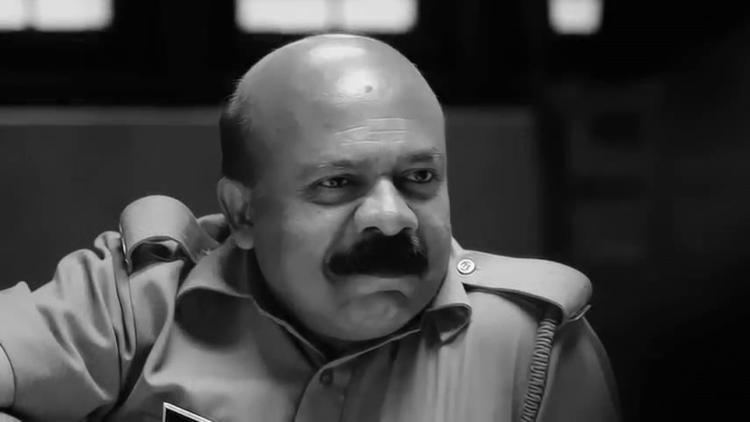A US court has rejected a petition from The Matrix Resurrections co-producer Village Roadshow seeking to fast-track its breach of contract lawsuit against Warner Bros. The case will remain on hold until the next hearing on March 11.
Village Roadshow initially filed a lawsuit against Warner Bros in early February over the hybrid release of the fourth instalment in the Matrix franchise. This has now intensified into a litigation against the media giant over the exclusion of Village Roadshow from other projects currently under development.
The company co-produced Matrix 4 along with Warner Bros and Venus Castina Productions.
The Lana Wachowski directorial, featuring actors Keanu Reeves, Carrie-Anne Moss, Jada Pinkett Smith, Yahya Abdul-Mateen II, Jessica Henwick, Jonathan Groff, Neil Patrick Harris, and Priyanka Chopra, was simultaneously released in theatres and on HBO Max, on December 22, 2021.
In the lawsuit, filed on February 7, Village Roadshow Pictures claimed that the simultaneous release constituted a breach of contract. The company also alleged that Warner Bros pushed up the film’s premiere from 2022 to 2021 in order to bolster the subscriber base for the WarnerMedia-owned streaming platform, HBO Max.
The production house added that Warner Bros went ahead with the hybrid release “despite knowing full well that it would decimate the film’s box office revenue and deprive Village Roadshow of any economic upside that WB and its affiliates would enjoy.”
Warner Bros, for its part, argued that according to their contract, any disputes relating to the agreement had to be settled by arbitration, but Village Roadshow had chosen to file a lawsuit instead. The case was thus stayed until the arbitration could be concluded.
On Monday, Village Roadshow moved to lift this stay on the case. The production house also sought an order requiring Warner Bros to release its films exclusively in theatres.
It alleged that Warner Bros was excluding it from projects currently being developed under their shared rights, including Sherlock Holmes, the Ocean’s series, Ready Player One, I Am Legend, Where the Wild Things Are, and Yes Man, among others.
Village Roadshow argued that it would suffer irreparable harm if it was not allowed to move forward with its suit. It stated that “given WB’s current position with respect both to releasing these films on HBO Max and refusing to proceed with projects unless Village Roadshow relinquishes its rights, there is an imminent threat that Village Roadshow’s rights on all of these projects are at risk of being eliminated or at least significantly and irreparably impaired.”
Recommended
Warner Bros was quick to respond and alleged that the production company had not paid its part of production costs for the Matrix film but wanted to enjoy the benefits of being co-owners and producers.
Village Roadshow Pictures called Warner Bros’ claims ‘untrue’ and said that it paid the studio $4.5 billion to produce and distribute 91 films. The latter, however, maintained that the production house never negotiated for an exclusive theatrical release.
Warner Bros also argued that Village Roadshow chose to do nothing for months despite having full knowledge of its supposed claims and thus no emergency relief from the court was necessary. The court’s decision denying Village Roadshow permission to move forward with its lawsuit ultimately hinged on this fact. The matter now remains in arbitration until the next hearing on March 11.



